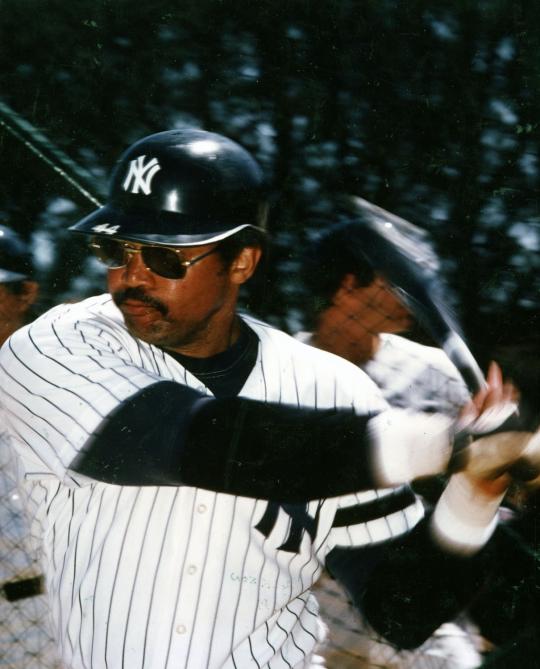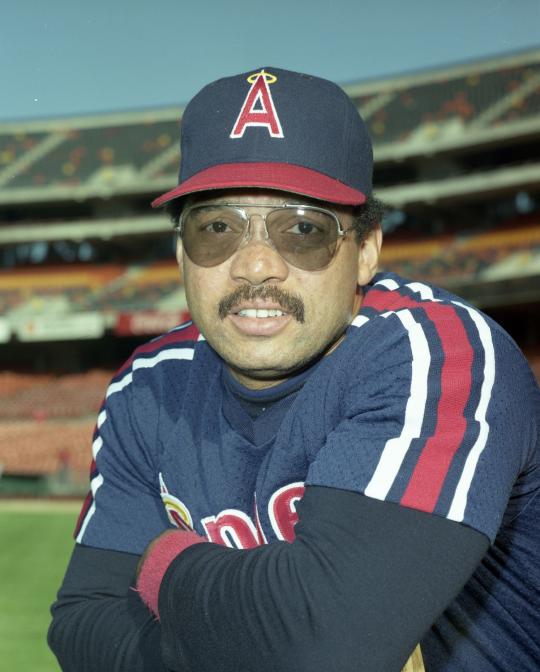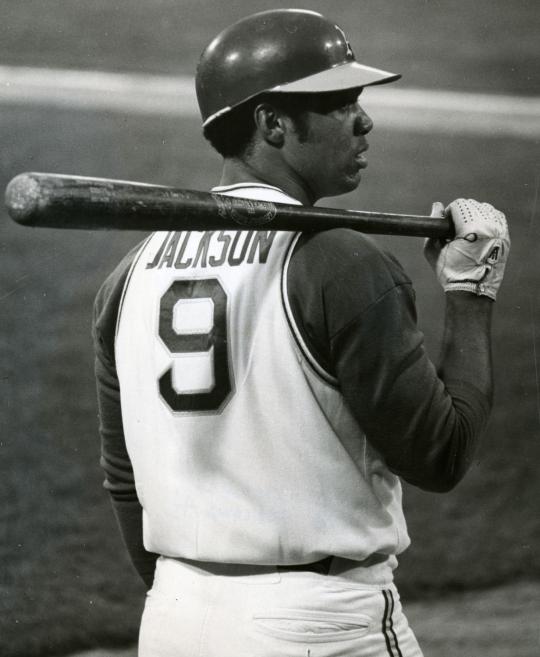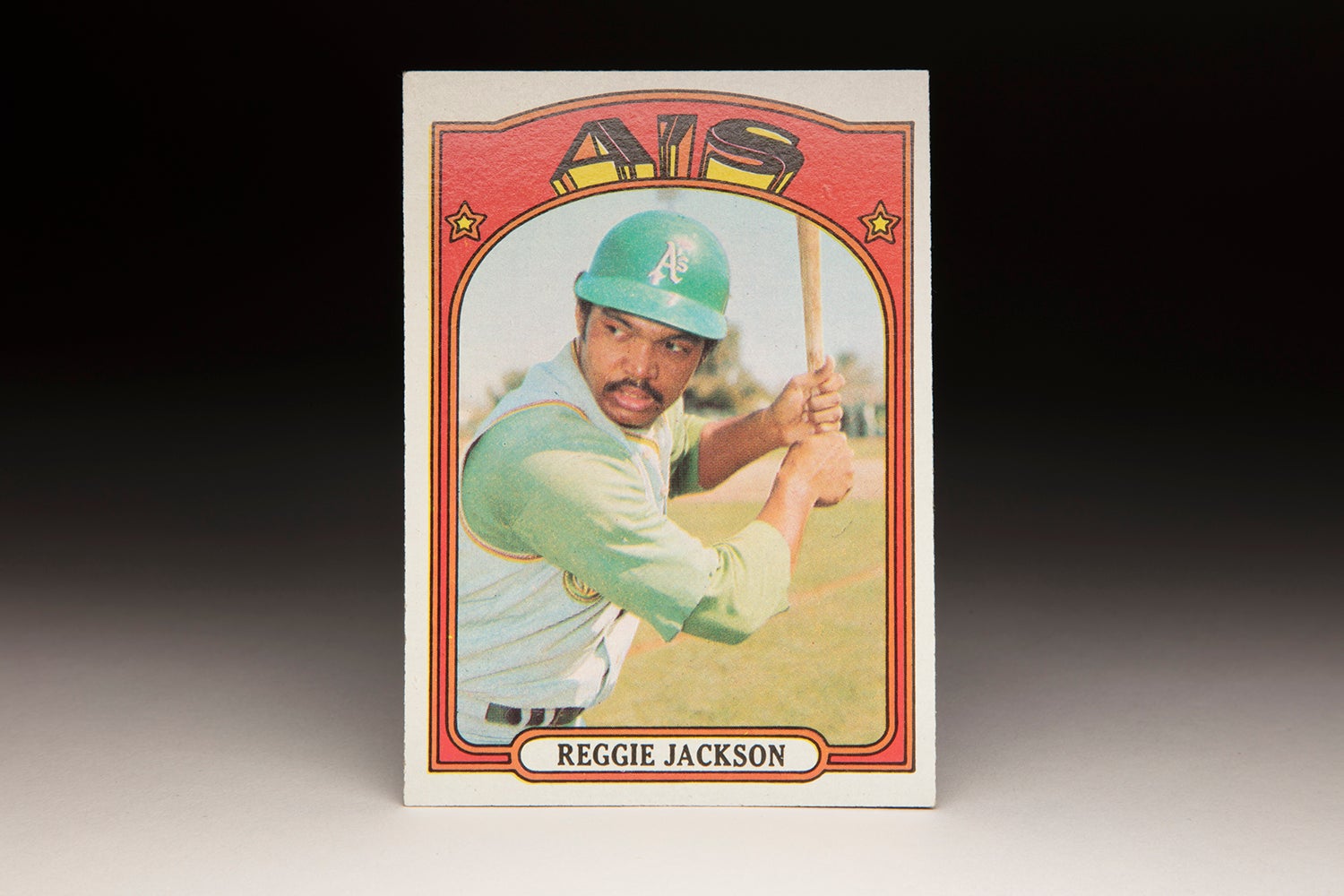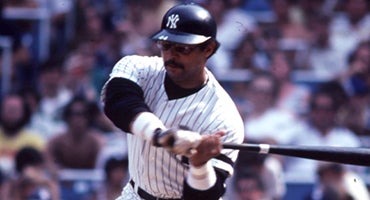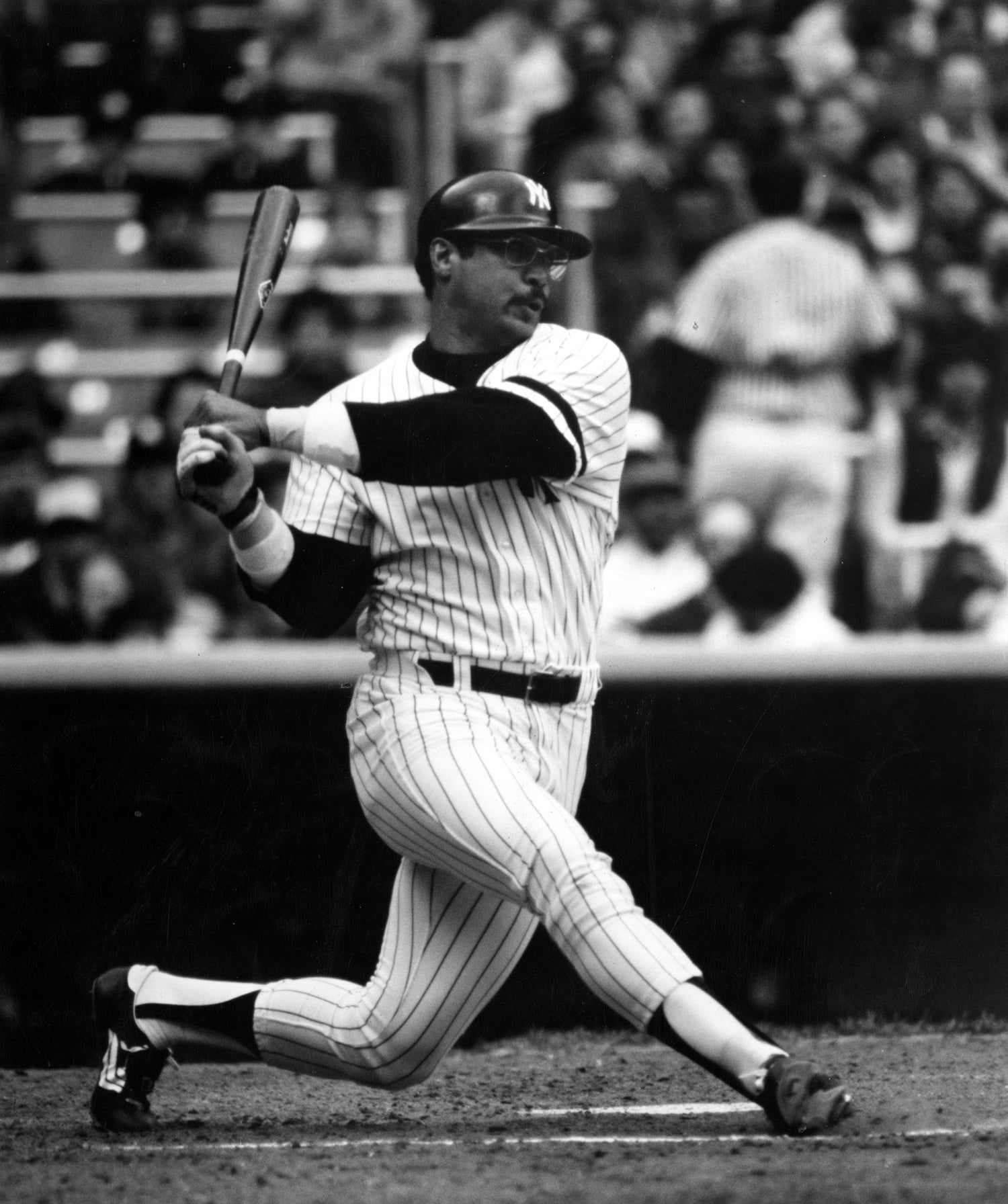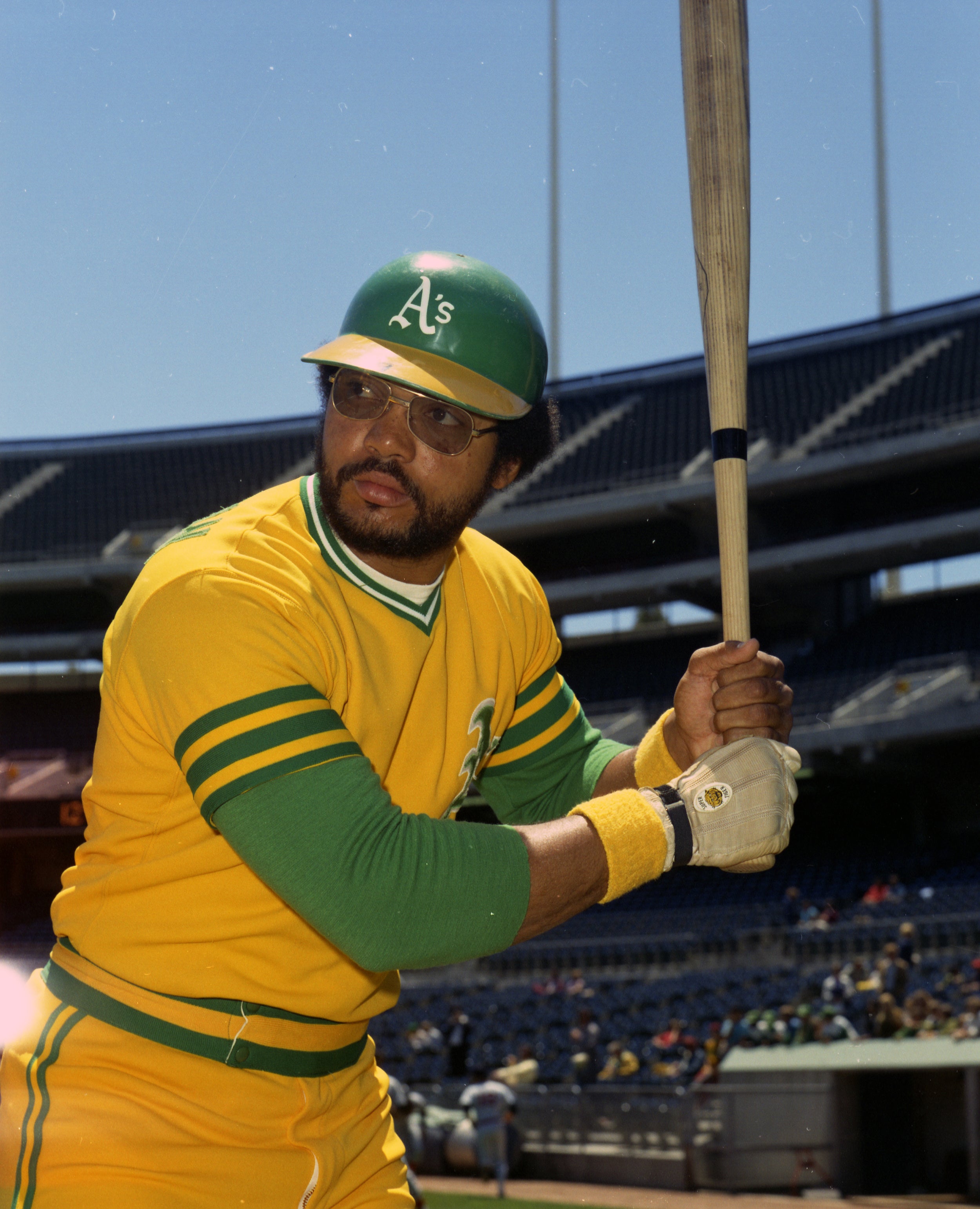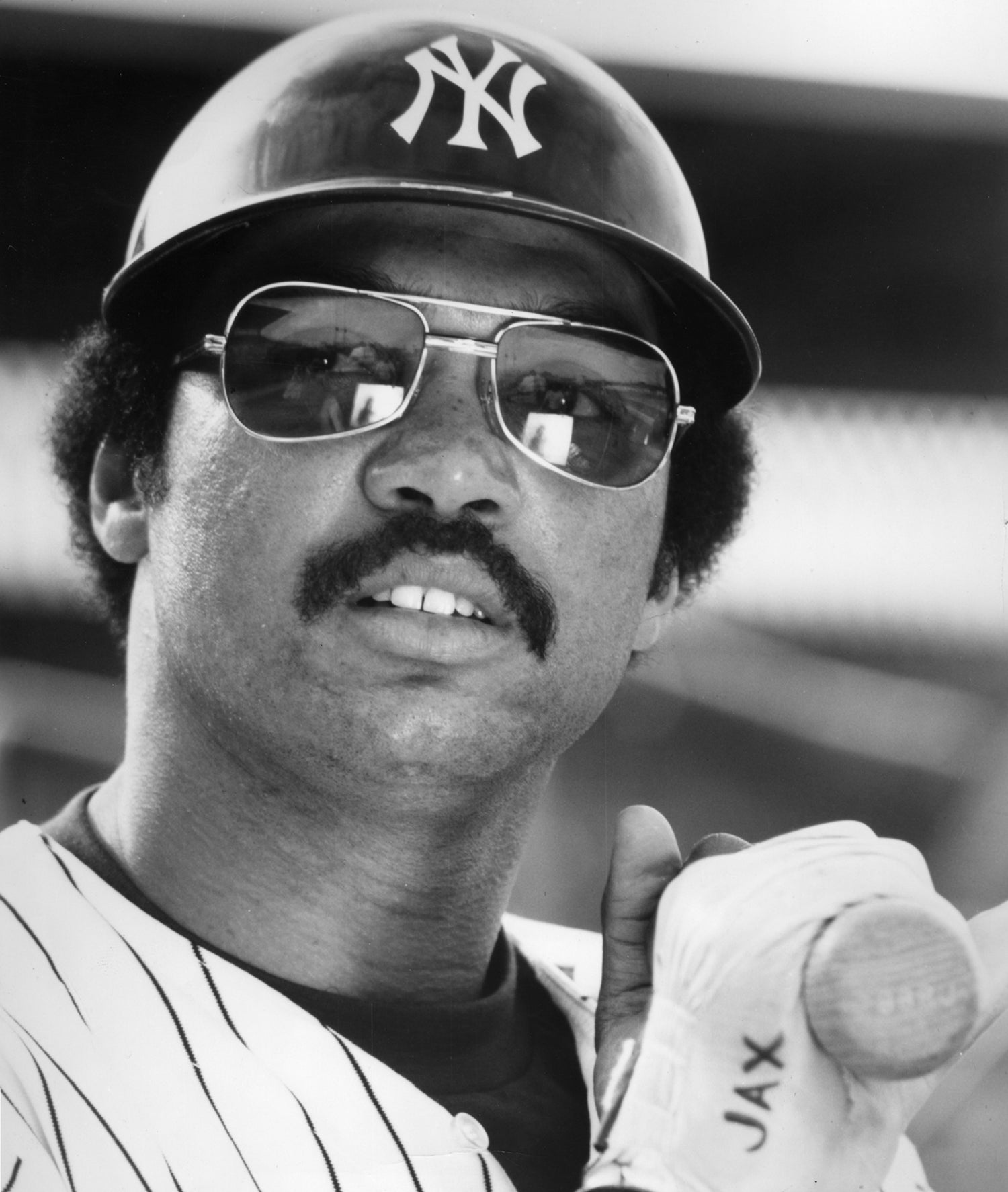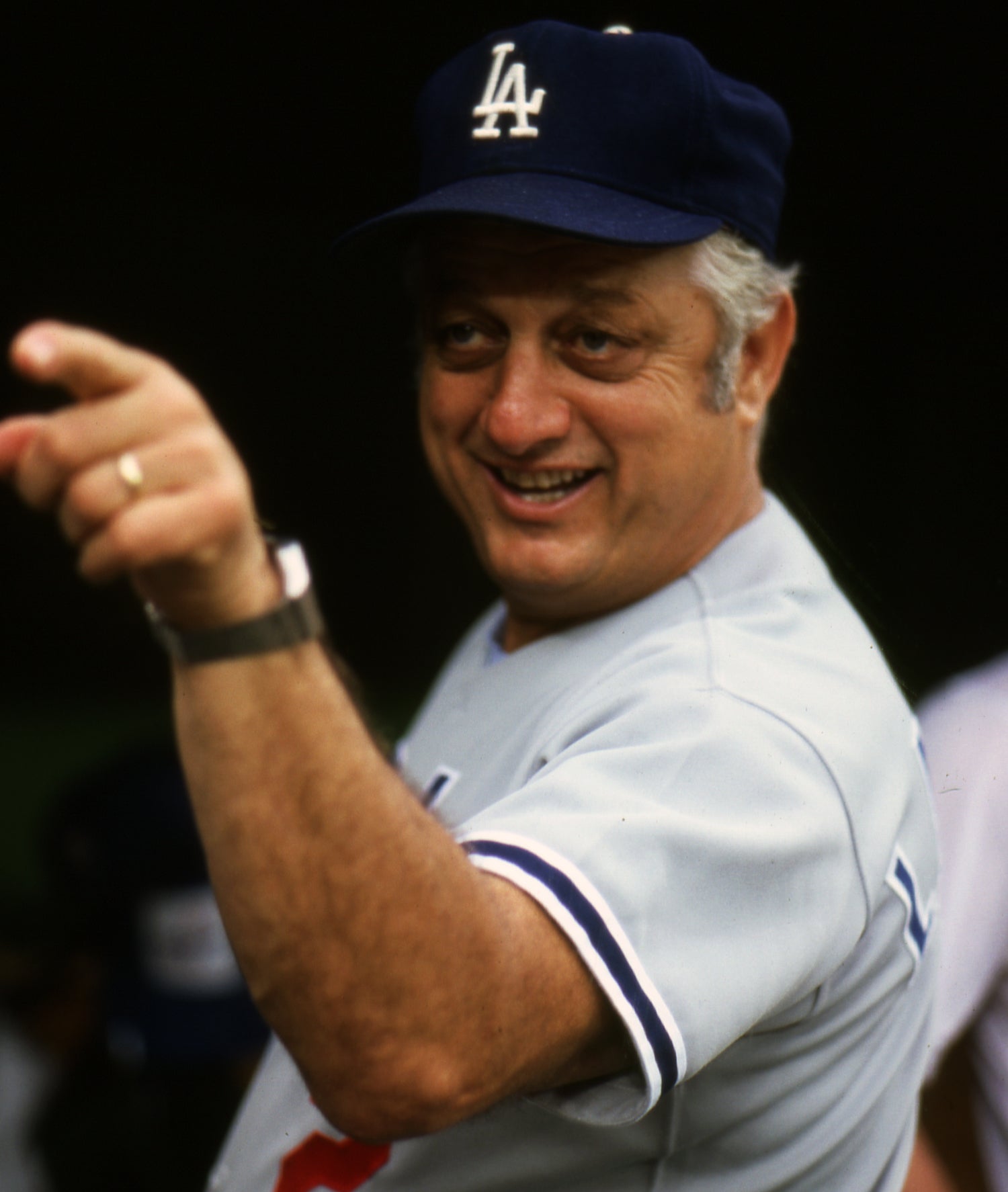- Home
- Our Stories
- Jackson caps career with Hall of Fame induction
Jackson caps career with Hall of Fame induction
Shining alone on baseball’s biggest stage was nothing new for the man they called “Mr. October.”
On Aug. 1, 1993, Reggie Jackson was once again on center stage when he was inducted into the Hall of Fame.
He received 93.6 percent of the votes from the writers and was enshrined in his first year of eligibility.
The Hall of Fame outfielder slugged 563 career home runs, sixth all-time when he retired. A 14-time All-Star, Jackson finished his playing days with 1,702 RBI in his 21-year MLB career.
While Jackson did his fair share of damage in the regular season, he earned the nickname, “Mr. October” for what he did in the postseason.
Jackson blasted 18 home runs, added 48 RBI and had a .527 slugging percentage in 77 career playoff games.
Hall of Fame Membership
There is no simpler, and more essential, way to demonstrate your support than to sign on as a Museum Member.
“I’ll admit that I’ve always had trouble in meaningless situations,” Jackson wrote in “Reggie”, his 1984 autobiography with Mike Lupica. “Maybe I should have been a better ballplayer than I was and maybe that was the reason…But when a game or a season hangs in the balance…I’ll do what Cool Hand Luke said: I’ll get my mind right. I call those times Reggie Situations.”
Jackson was even better in the World Series. He hit 10 home runs with 24 RBI and had a .357 average in 27 career games in the Fall Classic.
With three World Series rings and a World Series MVP already under his belt, Jackson had already made a name for himself in the postseason by the time he joined the New York Yankees in 1977. But what Jackson did in his first World Series as a Yankee cemented his legacy – and of course it happened under the brightest New York spotlight.
Jackson tied a World Series record in Game 6 of the 1977 Fall Classic by belting four consecutive home runs – after he went deep in his last at-bat in Game 5 – to lead the Yankees to the series-clinching win against the Los Angeles Dodgers.
“It’s the greatest performance I’ve ever seen in a World Series,” said Hall of Fame manager Tommy Lasorda.
Another Dodger couldn’t help but praise Jackson’s heroics.
“I must admit, when Reggie hit his third home run and I was sure nobody was looking, I applauded in my glove,” said Dodgers first baseman Steve Garvey.
Revered as one of the greatest individual postseason performances in MLB history, Jackson’s three swings won’t be soon forgotten by the game’s greats.
When Jackson hung it up after 21 years of Major League service, his No. 9 jersey was retired by the Oakland Athletics and his No. 44 jersey was retired by the Yankees.
He walked away with five World Series rings –including two World Series MVPs – and the everlasting title of “Mr. October.”
Connor O’Gara was a public relations intern in the Hall of Fame’s Frank and Peggy Steele Internship Program for Youth Leadership Development

